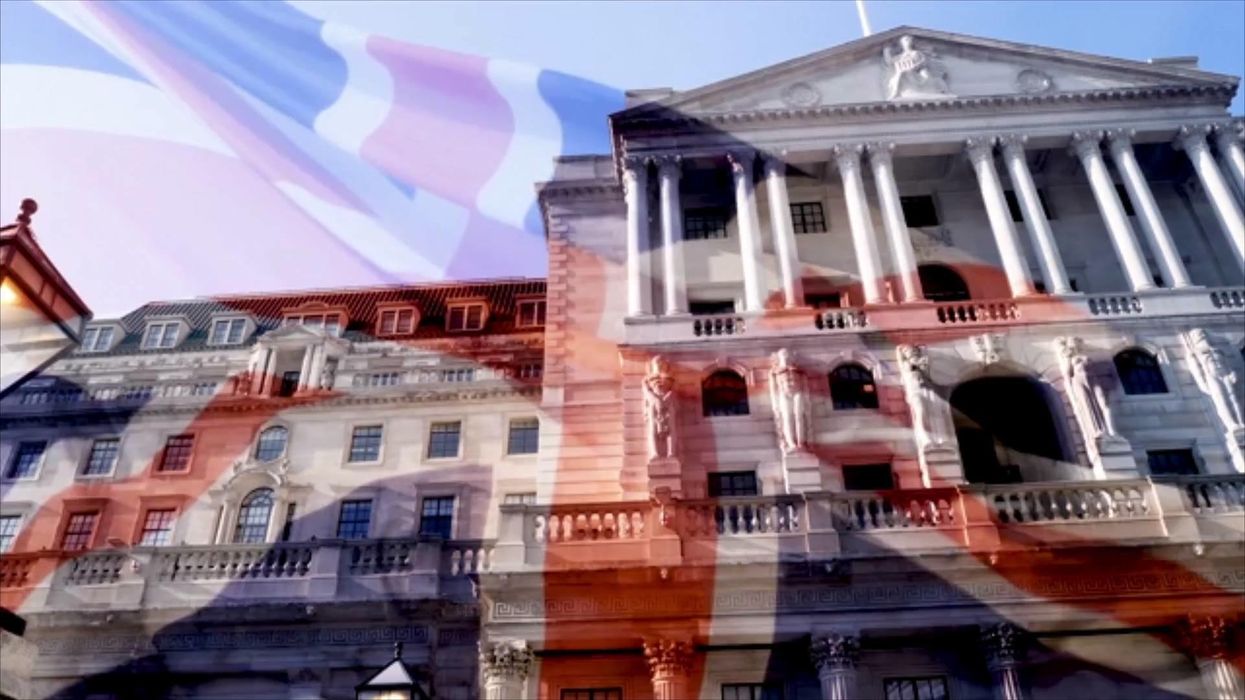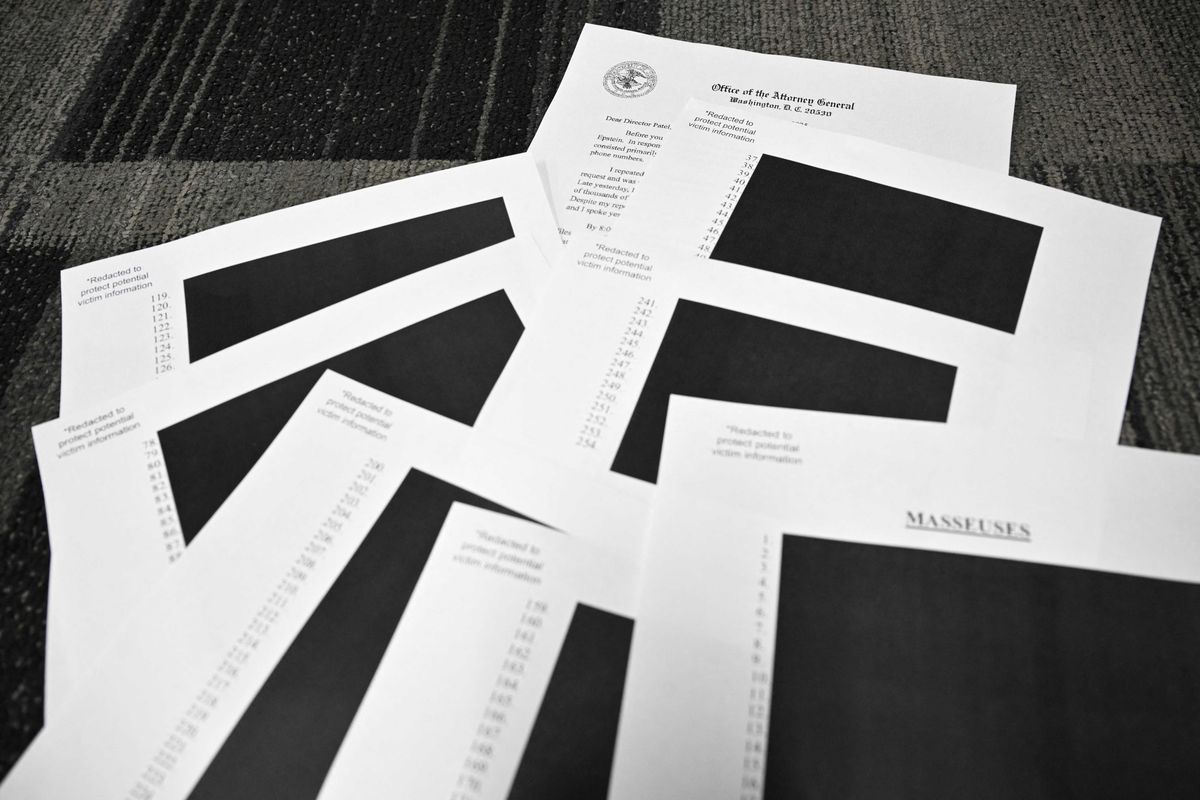News
Kate Plummer
Sep 22, 2022
Bank of England Makes Biggest Interest Rate Hike in 27 Years
Money Talk
The Bank of England has increased interest rates to 0.5 per cent - the largest increase since 2008.
The Bank of England has said it now expects a 0.1 per cent fall in GDP over the current quarter, indicating that the country is already in a recession. They are doing so in a bid to curb inflation, which they warn could pass 13 per cent this year.
The pound fell after the Bank of England announced it would increase interest rates from 1.75 per cent to 2.25 per cent. One pound could buy around 1.1364 dollars shortly before the announcement at midday. Minutes later it had fallen by 0.7 per cent to 1.1287.
Downing Street declined to comment on the Bank of England’s decision to raise the interest base rate from 1.75 per cent to 2.25 per cent.
Sign up to our free Indy100 weekly newsletter
A Number 10 spokeswoman said: “That is obviously a matter for the independent Bank of England.
“I would point you to the support that we’ve set out to help people with the cost of living, which we know is a concern for families and businesses across the country.
“I’d point you to the support that we’re providing and the immediate assistance we’ve provided for energy bills in particular.”But sterling is still higher than where it had started the day, after a rally in the morning.
Here's what it means for people and how it's likely to impact your day-to-day life.
1. It will make mortgages more expensive
The majority of people who have mortgages have a fixed-term plan but the some 25 per cent who don't might struggle.
The BBC reports those on a typical tracker mortgage will have to pay about £52 more a month. Those on standard variable rate mortgages will see a £59 increase.
2. It will make renting more difficult
Buy-to-let landlords may pass on higher borrowing costs to their tenants, which means people in rentals will be in a sticky situation.
3. Paying off loans will be harder
People who have taken out loans will obviously now face higher interest rates when paying them back. This will also make it more difficult for people looking to get a loan in the near future, as they'll be met with these interest rates.
4. Savings will increase (maybe)

On a positive note, if you have money in savings they will earn a greater rate of interest. But things are so expensive, people aren't exactly saving loads.
In June, Sarah Pennells, consumer finance specialist at insurance company Royal London, told ITV:
“While rising interest rates are generally a win for savers, our research shows that almost a third of people were planning to reduce the amount they were saving, while a fifth would stop altogether, as a result of the cost-of-living crisis".
5. Inflation may come down
But because of the potential increase in savings, people are encouraged to save not spend, which slows the economy down and brings down inflation.
We hope!
Have your say in our news democracy. Click the upvote icon at the top of the page to help raise this article through the indy100 rankings.
Top 100
The Conversation (0)














